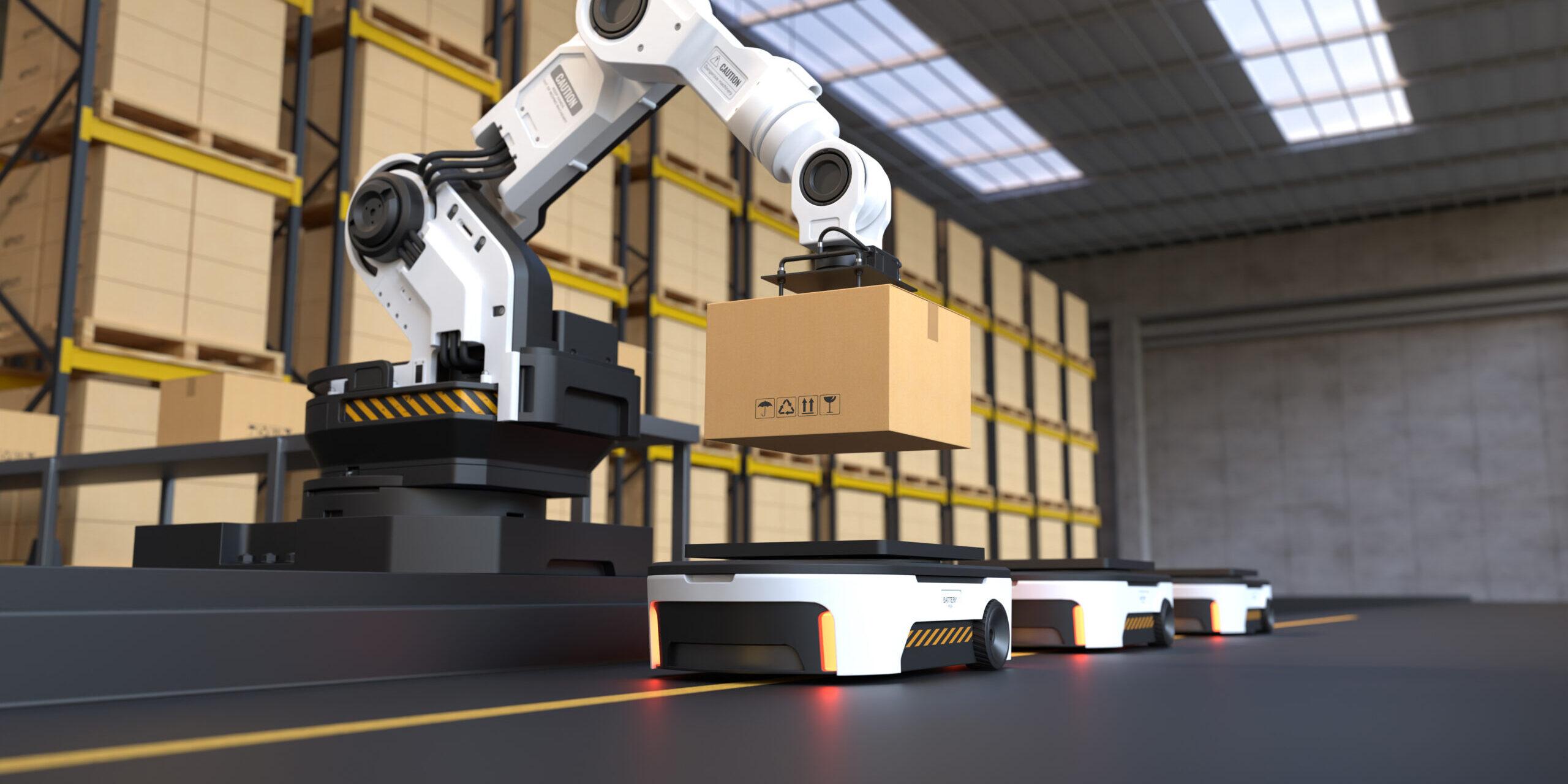How AI is Transforming the Logistics Industry: Key Applications in Supply Chain Efficiency
AI (Artificial Intelligence) has significantly impacted the logistics industry, revolutionizing various aspects of the supply chain. Explore more some ways in which AI is used in logistics:
Demand Forecasting
AI technology is revolutionizing the way companies collect, analyze, and distribute information, allowing them to make better decisions faster. This helps logistics companies optimize inventory levels, reduce stockouts, and improve supply chain efficiency.
Monitor Inventory in real time
AI enables real-time inventory tracking and analysis, allowing companies to optimize their inventory levels based on demand patterns, lead times, and other variables. AI-powered systems can automatically trigger replenishment orders, reducing excess inventory and minimizing carrying costs.
Supply chain visibility
AI enables real-time inventory tracking and analysis, allowing companies to optimize their inventory levels based on demand patterns, lead times, and other variables. AI-powered systems can automatically trigger replenishment orders, reducing excess inventory and minimizing carrying costs.
Warehouse Automation
With AI technologies such as robotics and machine vision are transforming warehouses. Automated systems can handle tasks like inventory management, picking, packing, and sorting, improving operational efficiency and reducing errors. AI-powered robots can navigate warehouse spaces, collaborate with human workers, and streamline the fulfillment process.
Supply chain visibility and Route Optimization
The AI tool, end-to-end visibility into the supply chain, enables companies to track products and raw materials at every stage. This enhances transparency, allows for proactive issue identification, and facilitates timely interventions to address potential disruptions. AI-powered logistics platforms can optimize delivery routes based on real-time traffic data, weather conditions, and other factors. By considering multiple variables, AI algorithms can find the most efficient routes, reducing fuel consumption, transportation time, and overall logistics costs.
Revolutionize your inventory management with the power of AI
AI enables real-time inventory tracking and analysis, allowing companies to optimize their inventory levels based on demand patterns, lead times, and other variables. AI-powered systems can automatically trigger replenishment orders, reducing excess inventory and minimizing carrying costs.
Inventory management is a critical aspect of the logistics industry, and AI has greatly improved this process. With AI, logistics companies can optimize their inventory levels more effectively, ensuring they have the right amount of products at the right time.
Last-Mile Delivery
The use of AI can enhance last-mile delivery operations by enabling route optimization, delivery tracking, and real-time communication with customers. AI-powered delivery management systems can dynamically allocate resources, match drivers with orders, and provide customers with accurate delivery time estimates.
Customer Service and Chatbots
With AI chatbots and virtual assistants can handle customer inquiries, provide real-time updates, and offer personalized recommendations. These systems use natural language processing and machine learning algorithms to understand customer queries, automate responses, and provide a seamless customer experience.
AI brings numerous benefits to the logistics industry, but it also presents challenges such as data privacy, cybersecurity, and workforce reskilling. Nonetheless, the continued development and adoption of AI are expected to drive further advancements in the logistics industry, making operations more efficient, cost-effective, and customer-centric.
Contact us to know more.
